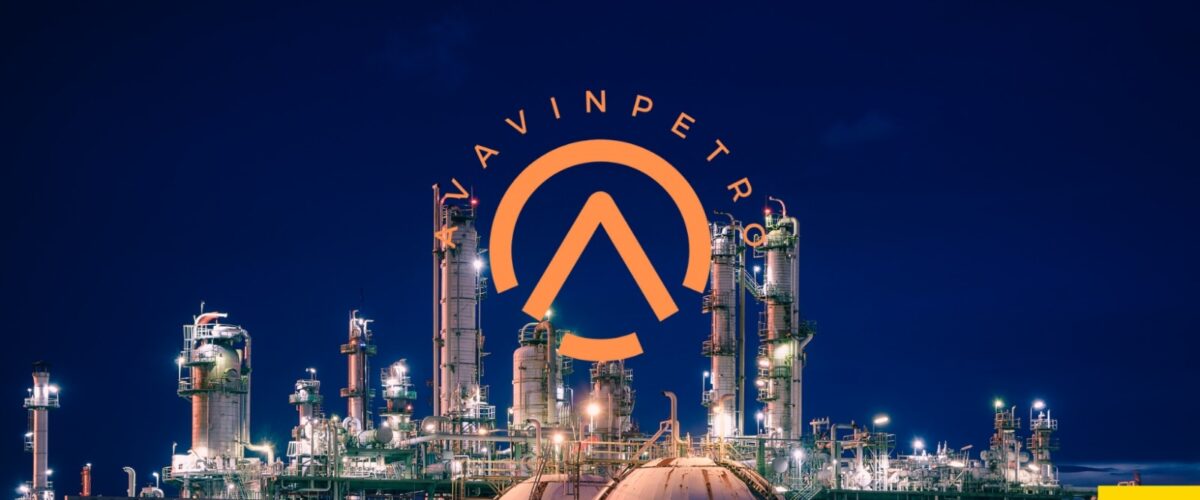The Impact of Expanded Polystyrene 1 (EPS) on Construction Industry Growth
Introduction
In recent years, Expanded Polystyrene (EPS) has emerged as a pivotal material in the construction industry, significantly influencing growth trajectories across various sectors. This versatile material offers unparalleled benefits, ranging from insulation properties to structural integrity, making it a cornerstone of modern construction practices.
Advantages of EPS in Construction
Thermal Insulation Properties
EPS, known for its exceptional thermal insulation capabilities, plays a crucial role in enhancing energy efficiency within buildings. Its closed-cell structure effectively reduces heat transfer, thereby minimizing heating and cooling costs throughout the building’s lifecycle. This characteristic not only meets stringent energy efficiency standards but also aligns with global sustainability goals.
Lightweight and Structural Integrity
Despite its lightweight nature, EPS exhibits remarkable strength and durability, making it ideal for various construction applications. From foundations to roofing, its ability to distribute loads evenly ensures structural stability without compromising on construction timelines. Moreover, its lightweight properties contribute to ease of installation, reducing labor costs and project complexities.
Moisture Resistance and Longevity
EPS’s inherent resistance to moisture penetration makes it particularly suitable for humid environments and wet construction conditions. Unlike traditional materials, EPS does not absorb water, preventing mold growth and maintaining its integrity over extended periods. This durability ensures long-term performance, offering builders and developers a cost-effective solution that requires minimal maintenance.
Applications Across Construction Sectors
Residential Construction
In residential projects, EPS is extensively used for insulation in walls, roofs, and foundations. Its ability to maintain consistent indoor temperatures enhances comfort levels for occupants while reducing energy consumption, thus contributing to sustainable living environments.
Commercial and Industrial Buildings
Within the commercial and industrial sectors, EPS serves as a critical component in wall cladding systems, facades, and flooring applications. Its lightweight nature facilitates faster construction processes, enabling businesses to expedite project timelines without compromising on building quality or safety standards.
Infrastructure Development
In infrastructure projects such as bridges, tunnels, and roads, EPS plays a pivotal role in enhancing structural integrity and longevity. Its lightweight properties reduce load-bearing requirements, resulting in cost savings during construction and maintenance phases. Additionally, the material’s resistance to moisture ensures enhanced durability, thereby extending the lifespan of critical infrastructure assets.
Avavin Petro: A Reliable Supplier of EPS
Among the leading providers of EPS, Avavin Petro stands out for its commitment to quality and innovation. With a robust supply chain and adherence to international standards, Avavin Petro ensures seamless delivery of EPS products tailored to meet diverse construction needs. Whether for large-scale commercial projects or residential developments, Avavin Petro remains a trusted partner in enhancing construction efficiency and sustainability.
Conclusion
In conclusion, the adoption of EPS within the construction industry underscores its transformative impact on growth and development. From enhancing energy efficiency to ensuring structural durability, EPS continues to redefine construction standards worldwide. As builders and developers increasingly prioritize sustainable building solutions, EPS stands poised to drive innovation and efficiency across diverse construction sectors.
Written by Emir Narin

